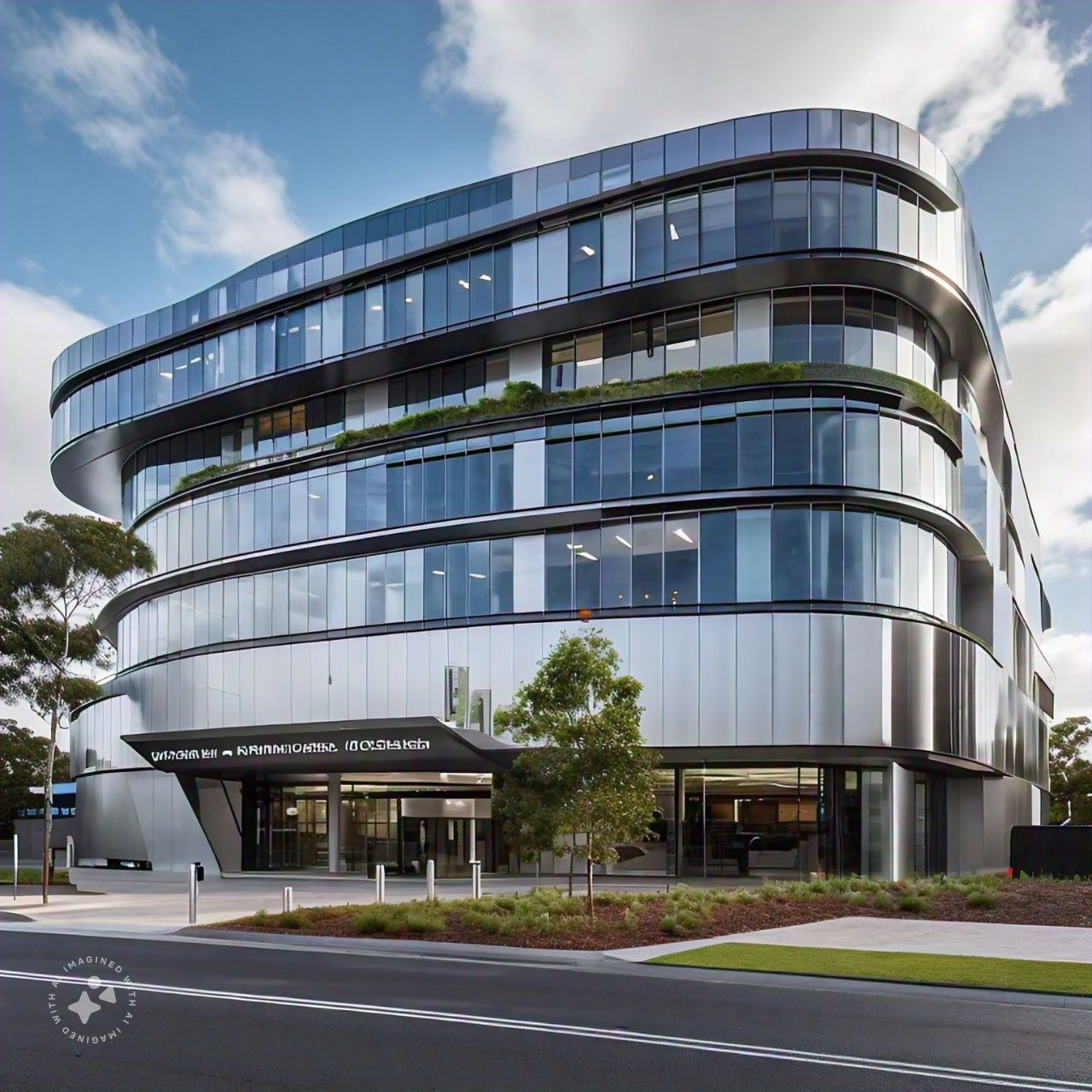Australia’s tech sector has been booming in recent years, fueled by innovation, government support, and private investment. With tech hubs springing up in major cities like Sydney and Melbourne, Australia has positioned itself as a competitive player in the global technology landscape. Key areas of focus include artificial intelligence (AI), biotechnology, renewable energy, and cybersecurity.
The growth in Australia tech can be seen in the numerous tech startups emerging each year, contributing to economic growth and employment opportunities. The Australian government has invested heavily in the tech sector, recognizing its potential to drive productivity and diversify the economy away from traditional industries. With an emphasis on research and development (R&D) and a supportive regulatory environment, Australia is fostering an environment ripe for tech innovation.
Australia’s Emerging Tech Infrastructure
To support its tech ambitions, Australia has been focused on developing a robust tech infrastructure. This involves advancements in telecommunications, data centers, and research institutions. The National Broadband Network (NBN), a government-backed project, is one example of Australia’s commitment to ensuring high-speed internet access across the country. The NBN has not only improved connectivity in urban areas but also reached remote and regional locations, reducing the digital divide.
Moreover, Australia is building world-class data centers to support big data analytics and cloud computing. Companies like Amazon Web Services (AWS), Microsoft Azure, and Google Cloud have established significant data center operations in Australia, enabling local businesses to scale their tech capabilities without relying on offshore infrastructure. These data centers are critical in supporting industries ranging from finance and healthcare to retail and entertainment.
Key Tech Hubs and Innovation Centers
- Sydney: Known for its startup ecosystem, with numerous tech incubators and accelerators.
- Melbourne: A hub for fintech and blockchain, with a thriving tech community.
- Brisbane: Focused on smart city projects and IoT development.
- Adelaide: Known for space technology and defense tech initiatives.
Government Initiatives Supporting Tech Growth
The Australian government plays a pivotal role in the growth of the tech industry by implementing initiatives and policies that support innovation and infrastructure development. Programs like the Research and Development Tax Incentive encourage companies to invest in tech R&D by offering tax offsets. Additionally, the Digital Economy Strategy aims to make Australia a leading digital economy by 2030.
The government has also launched the Modern Manufacturing Strategy, which includes a significant focus on tech sectors such as advanced manufacturing, cybersecurity, and AI. This initiative promotes collaboration between industry and research institutions, facilitating the commercialization of new technologies.
Other programs, such as AusIndustry’s Accelerating Commercialisation grants, provide funding and support to entrepreneurs looking to bring new tech products to market. These initiatives reflect the government’s commitment to fostering a thriving tech sector that can compete on a global scale.

Australia Tech Infrastructure Development
Challenges in Australia’s Tech Development
Despite the significant progress, Australia’s tech sector faces several challenges that could hinder growth. One major challenge is the skills gap. With the rapid advancement of technology, there is an increasing demand for highly skilled tech professionals. However, Australia faces a shortage of qualified talent, particularly in fields like AI, data science, and cybersecurity.
Another obstacle is infrastructure limitations in rural and remote areas. While the NBN has improved connectivity, there are still regions where internet access is limited or unreliable. This can affect the ability of businesses in these areas to leverage digital tools and compete with urban counterparts.
Funding for startups is also a concern. While there is growing interest in tech investment, many startups struggle to secure the necessary capital to scale their operations. High operational costs in major cities also pose challenges for tech companies, leading some to seek opportunities in more cost-effective locations.
Future of Australia Tech Infrastructure
The future of Australia tech infrastructure looks promising, with increased investments and a focus on emerging technologies. With the development of 5G networks and the expansion of IoT capabilities, Australia is well on its way to becoming a smart nation. Projects aimed at integrating AI and automation in various industries, from healthcare to agriculture, will also shape the future tech landscape.
Australia’s push towards renewable energy presents a unique opportunity for tech innovation in the field of green technology. The country is investing in solar, wind, and battery storage technologies, which could drive advancements in energy-efficient data centers and sustainable tech solutions. The government’s commitment to achieving net-zero emissions by 2050 is likely to encourage further tech innovations aimed at sustainability.
Key Areas for Future Growth
- Quantum Computing: Research in quantum computing is gaining traction, with Australian institutions leading various initiatives.
- Biotechnology: With a strong focus on healthcare innovation, biotech remains a critical sector.
- Cybersecurity: As cyber threats increase, Australia is investing in advanced cybersecurity measures to protect its digital infrastructure.
Conclusion
Australia’s tech sector has demonstrated resilience and innovation, making it a notable player in the global technology landscape. With continuous advancements in tech infrastructure and support from government initiatives, the country is well-positioned to lead in areas like AI, cybersecurity, and green tech.
For those interested in quality products, explore options like 100% pure shea butter from African Fair Trade Society, a natural solution for skincare needs. Support sustainable and fair trade initiatives by choosing products that make a positive impact.




































Leave a Reply